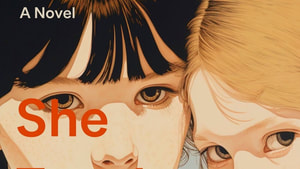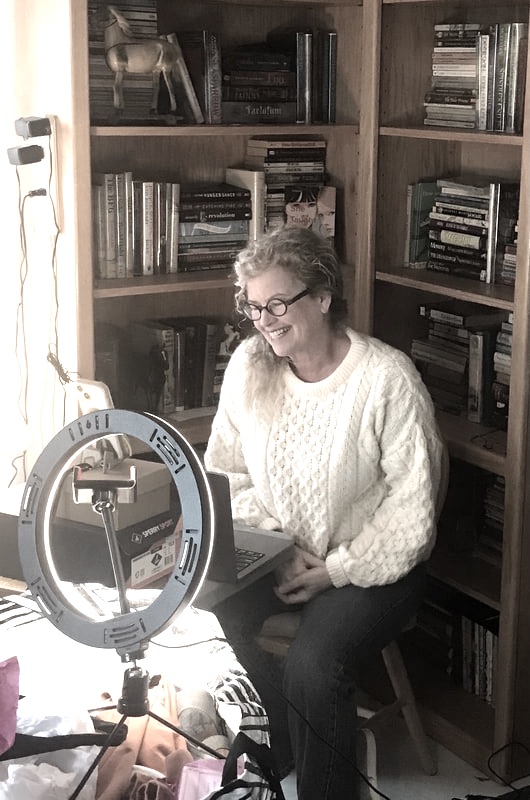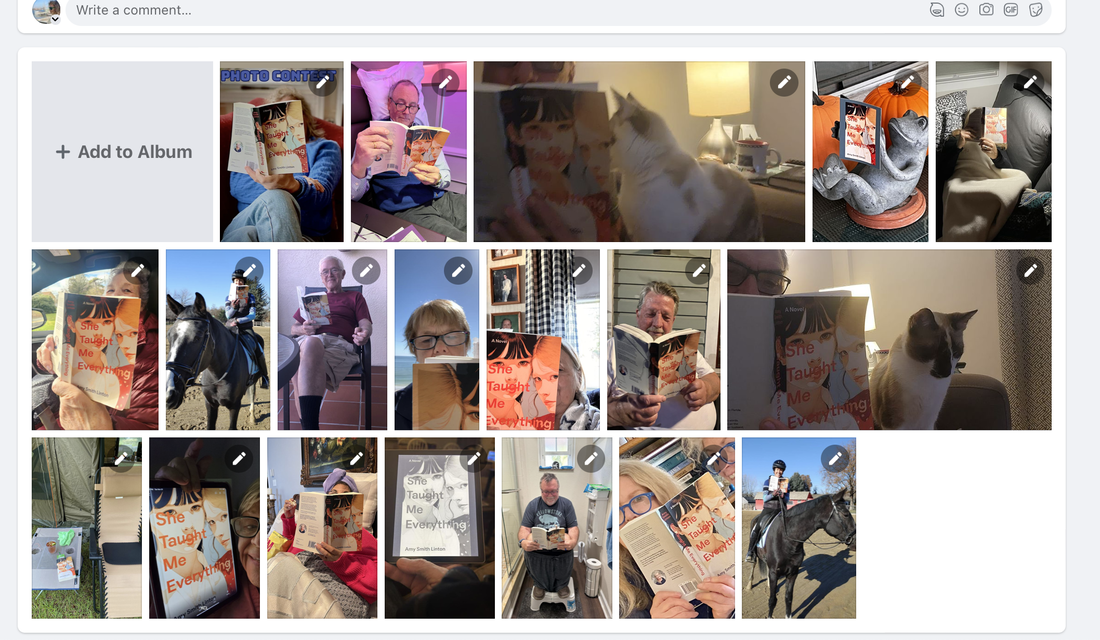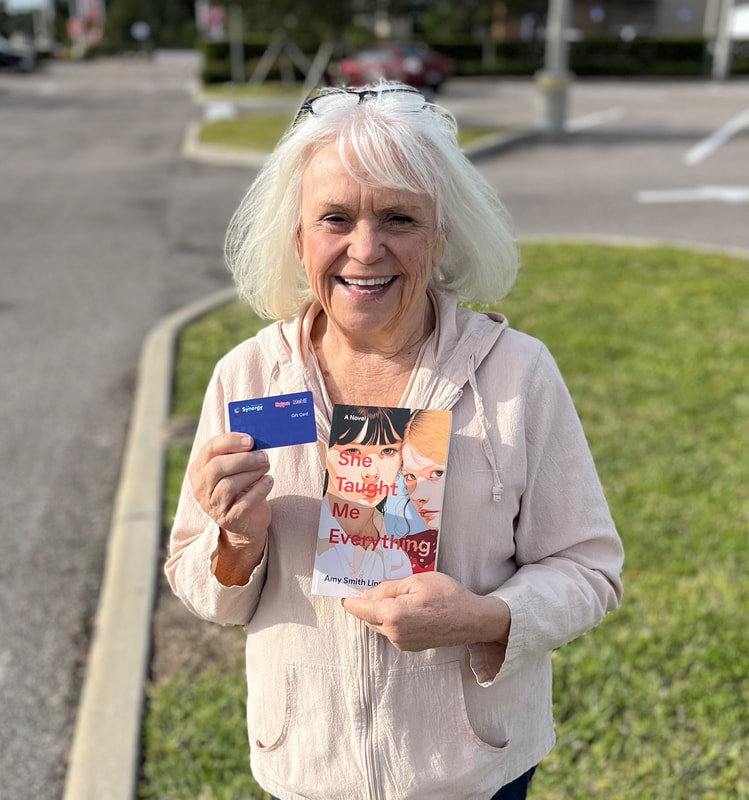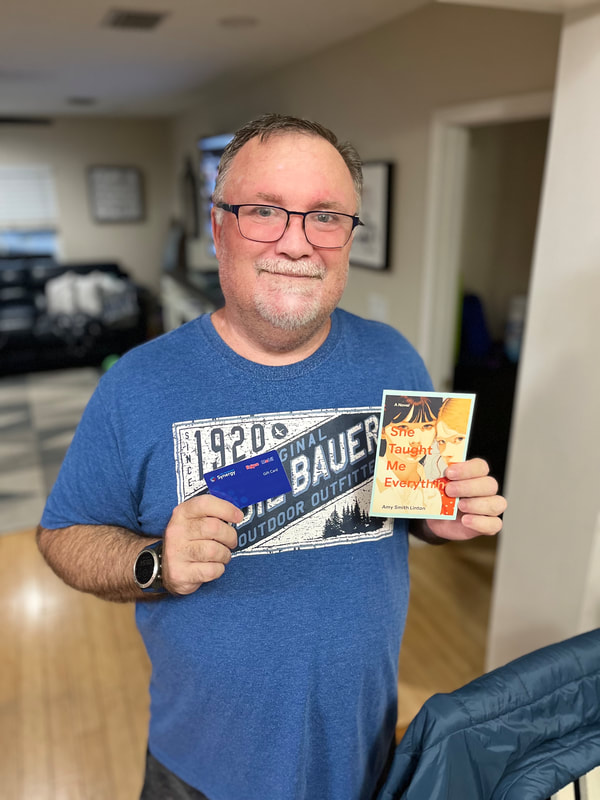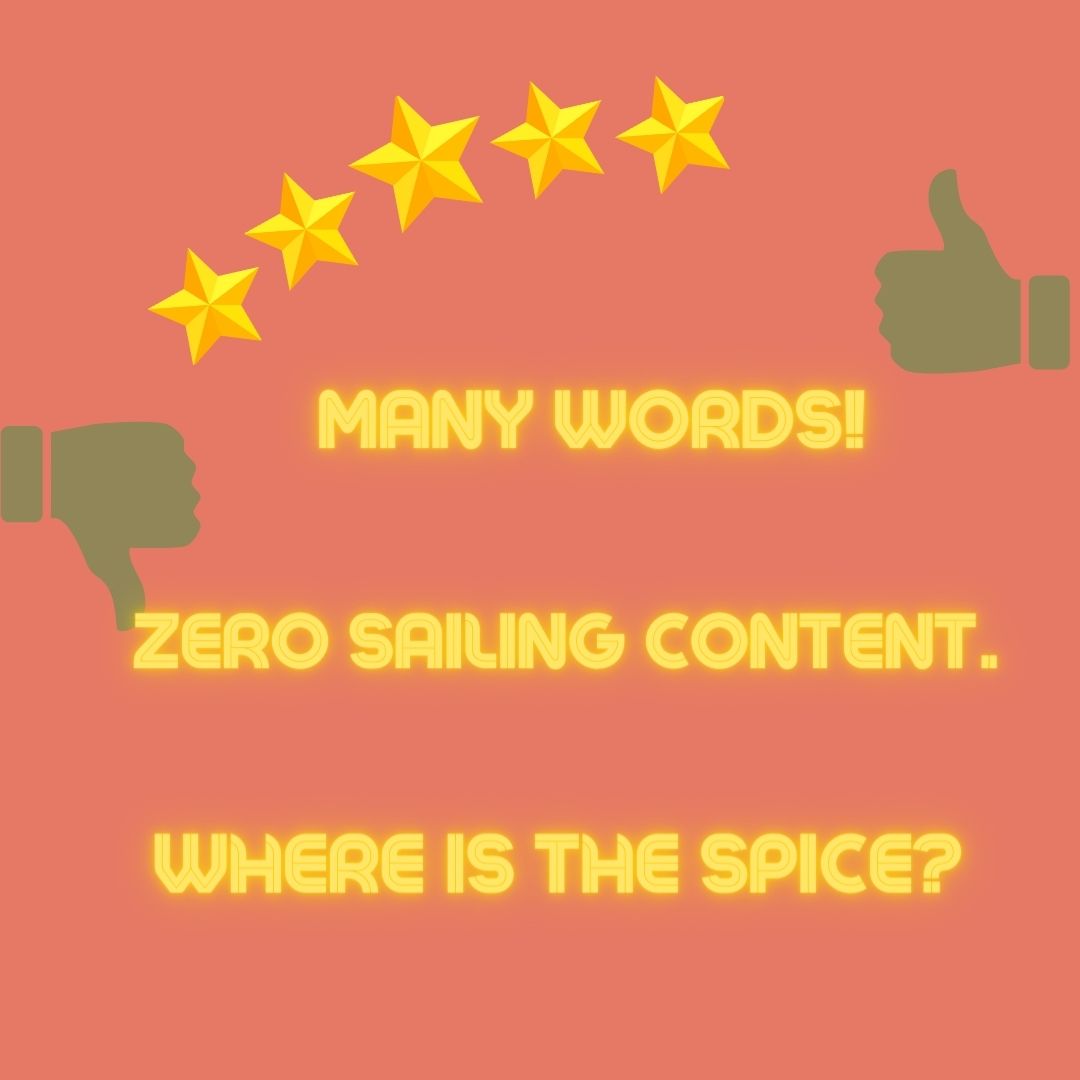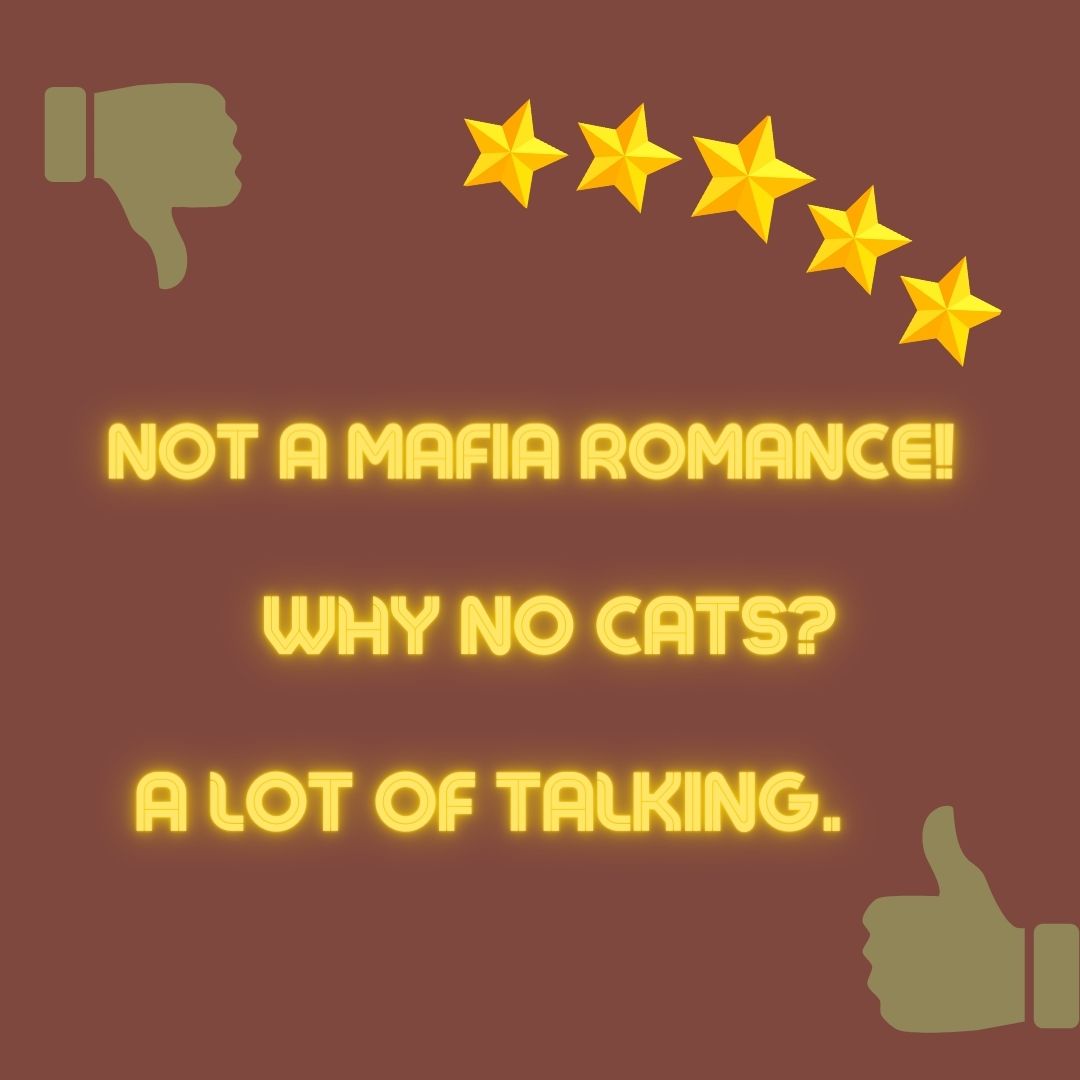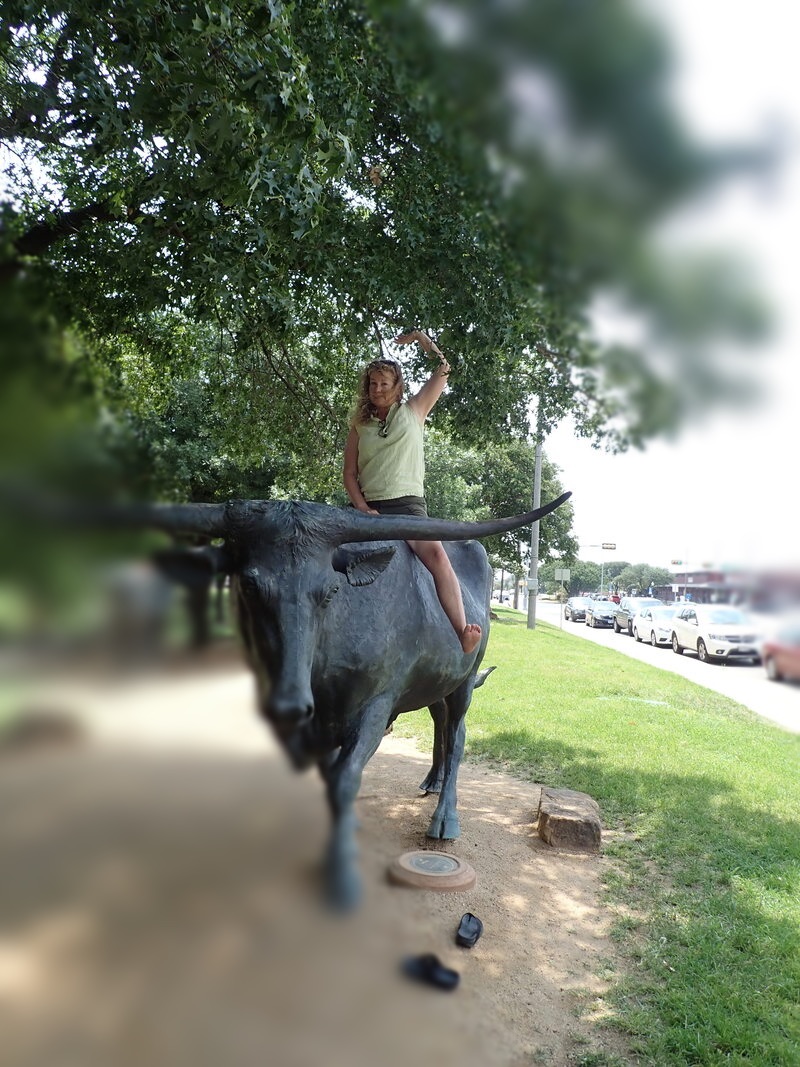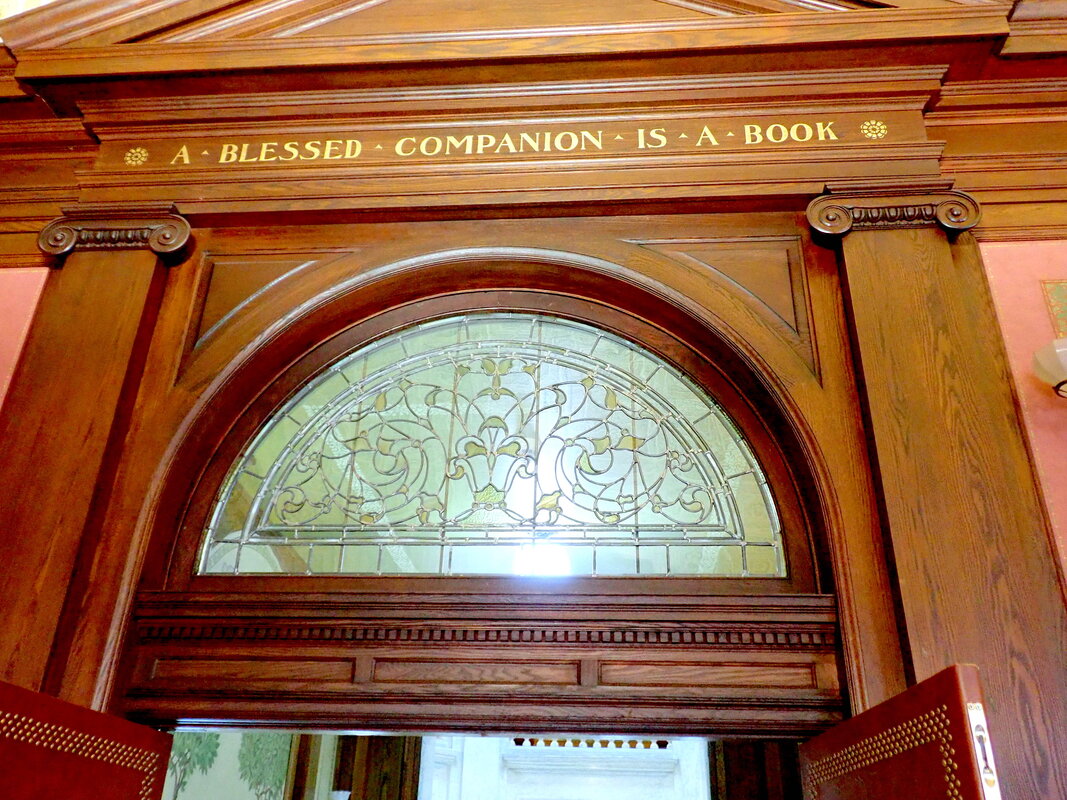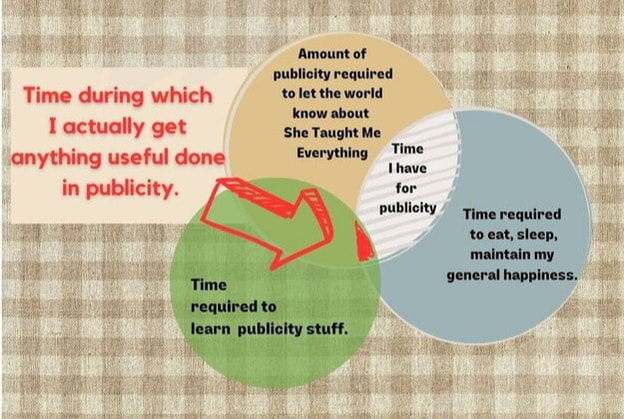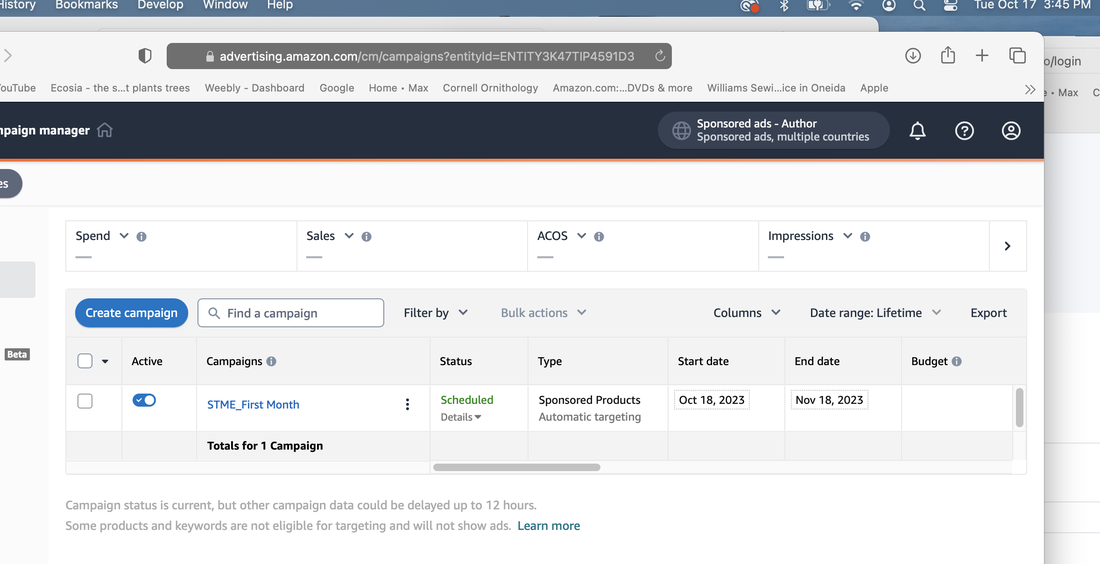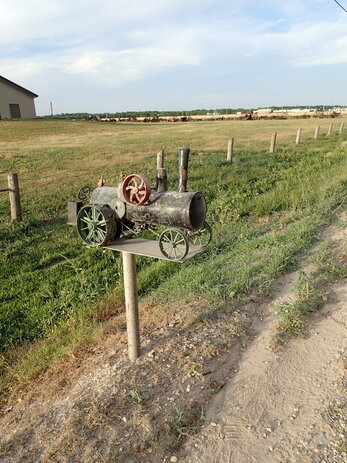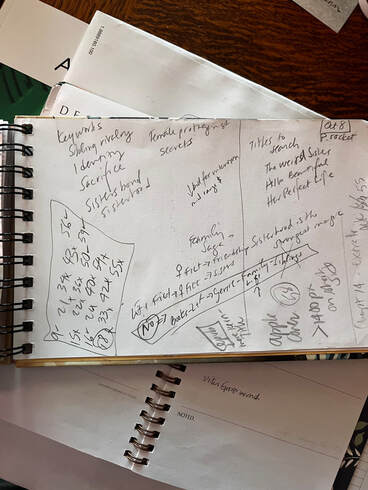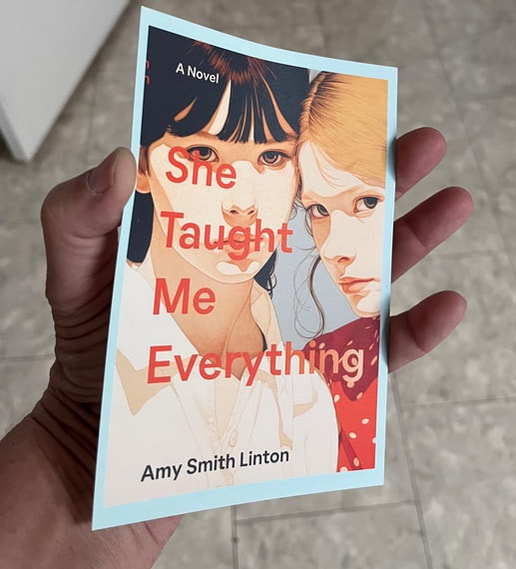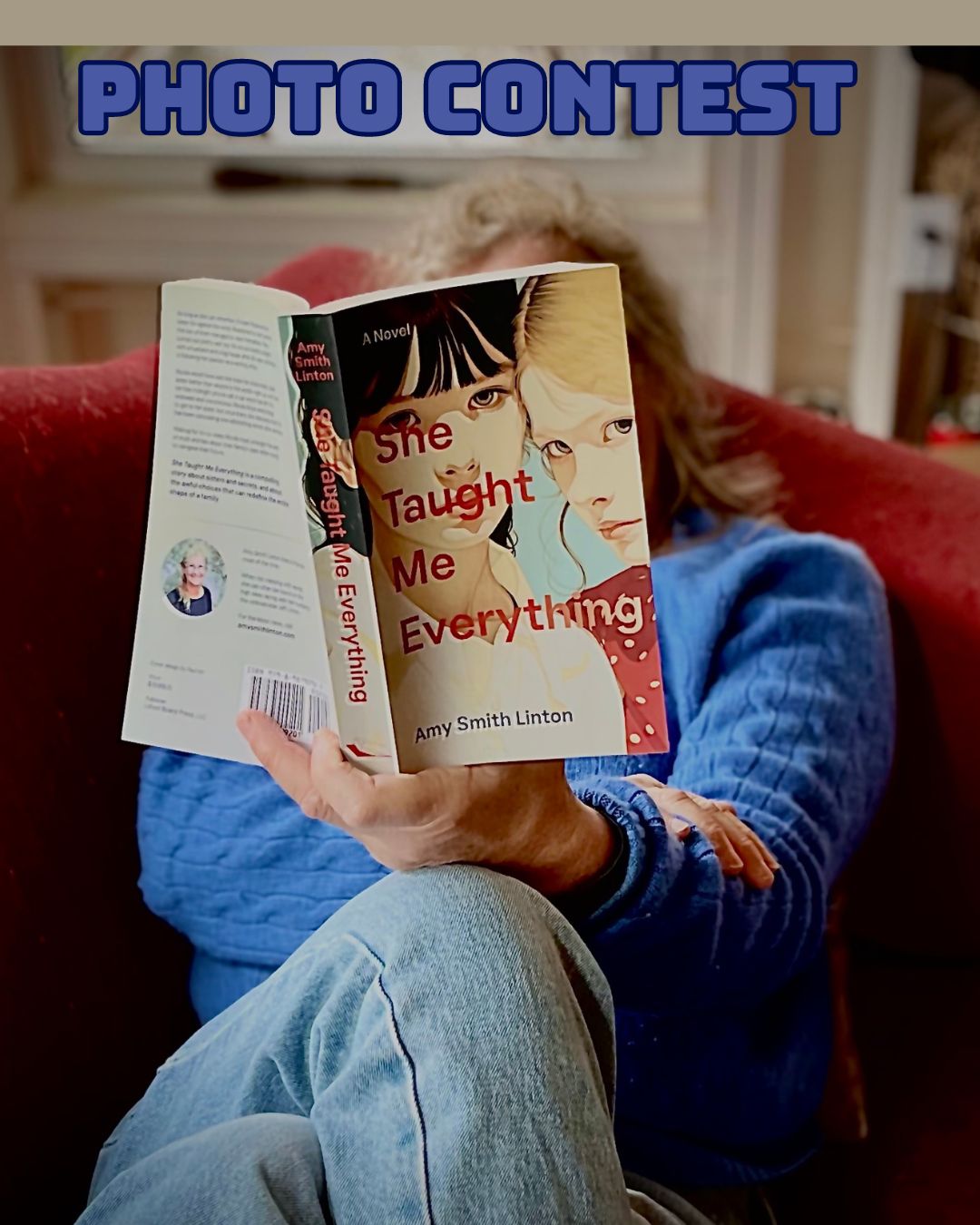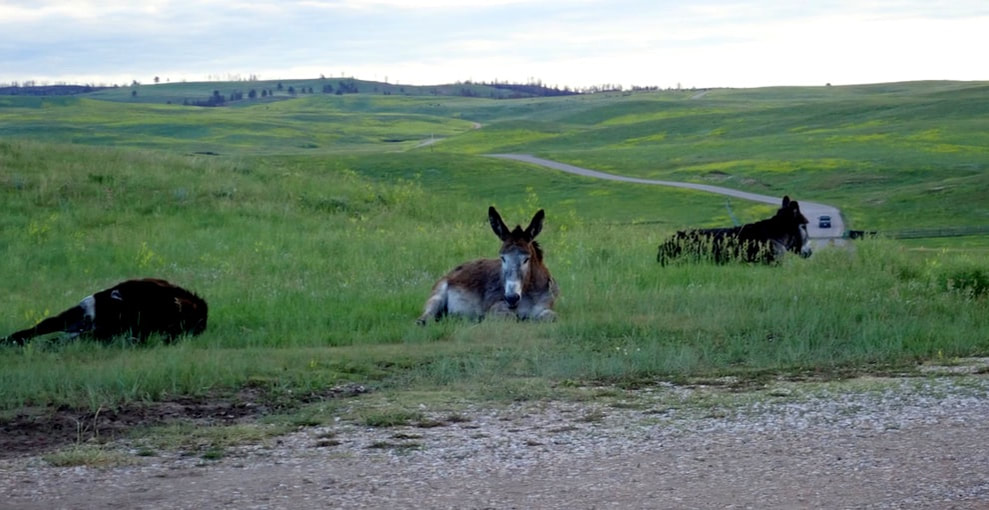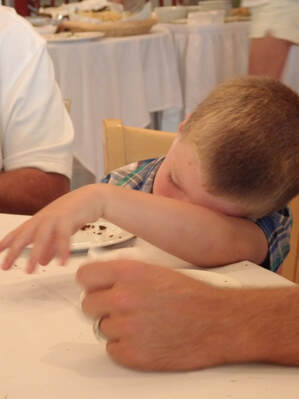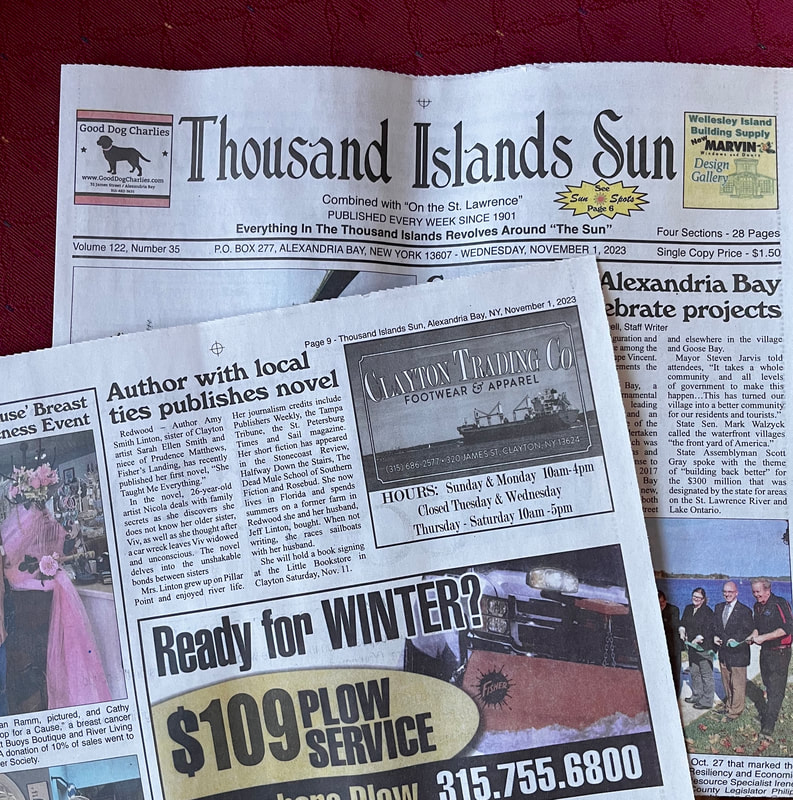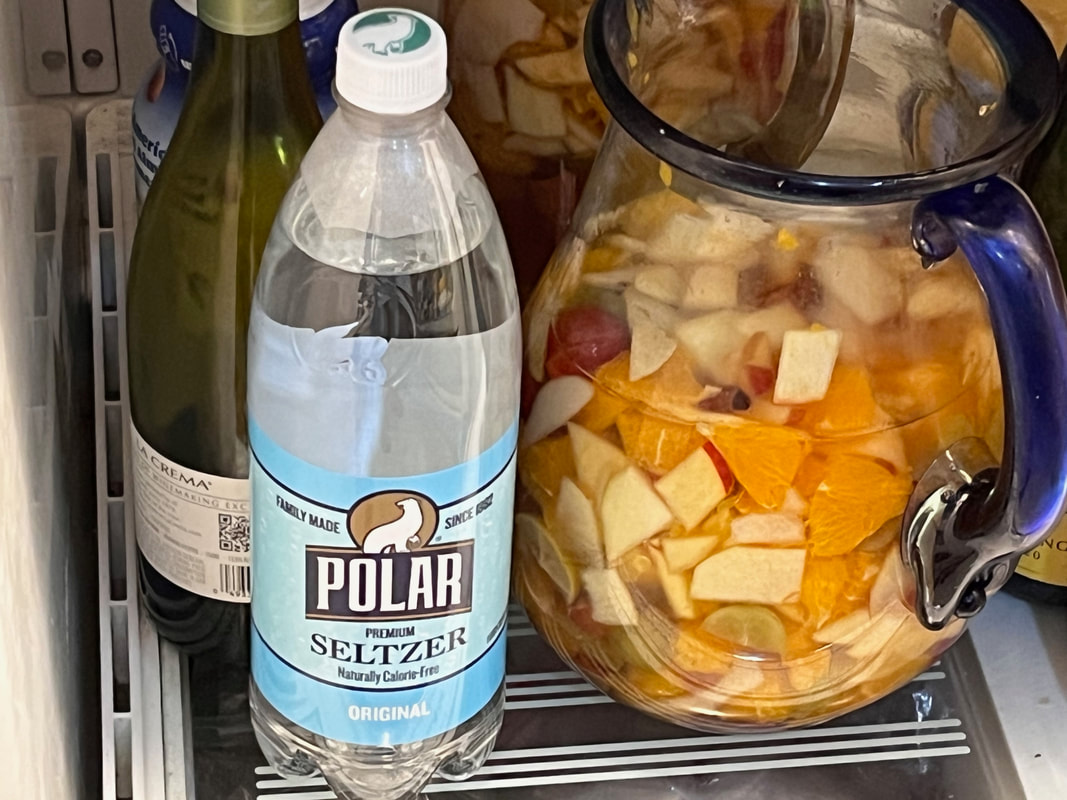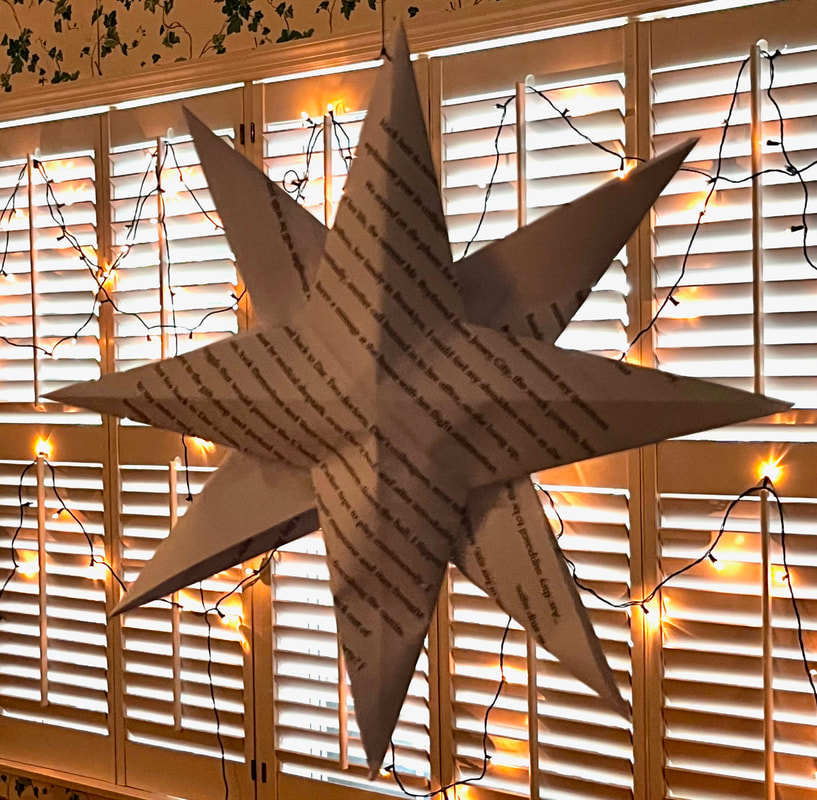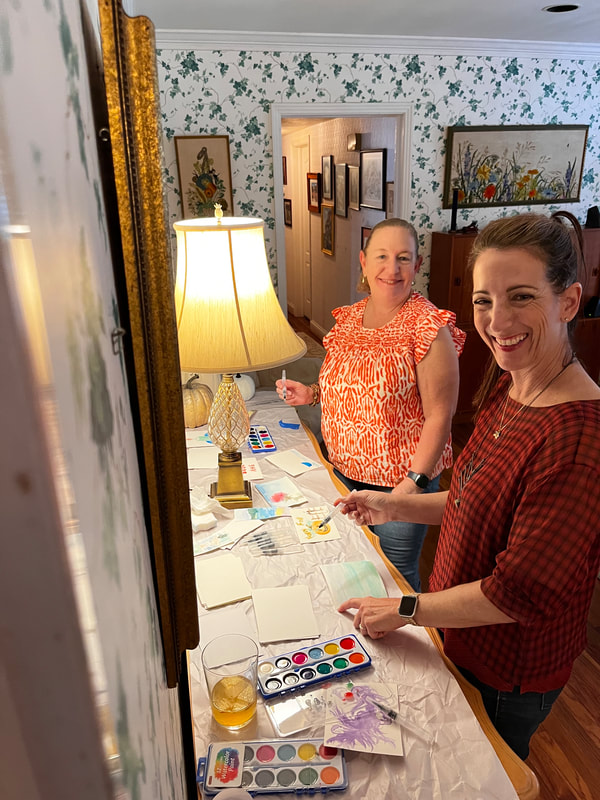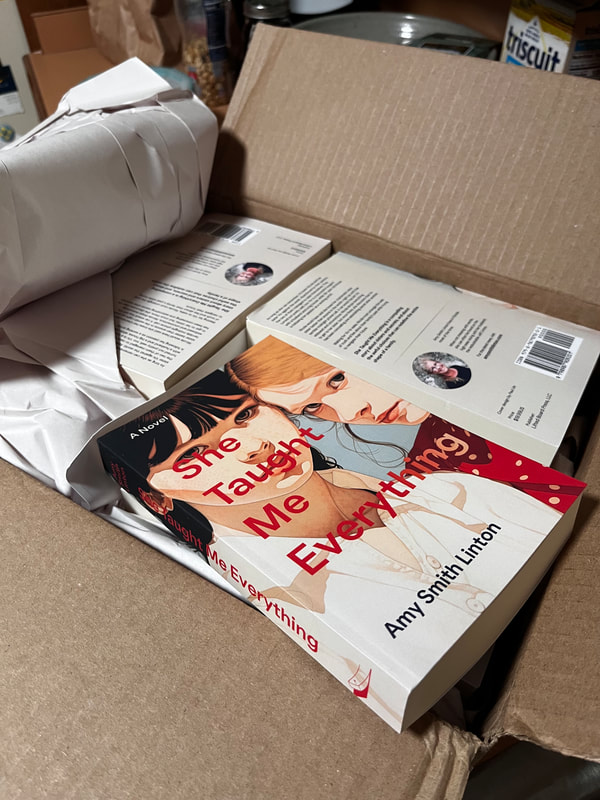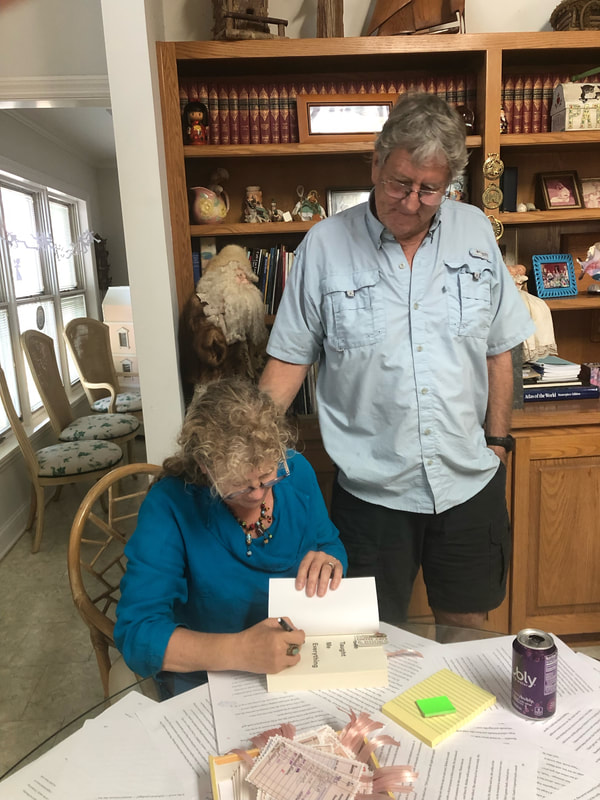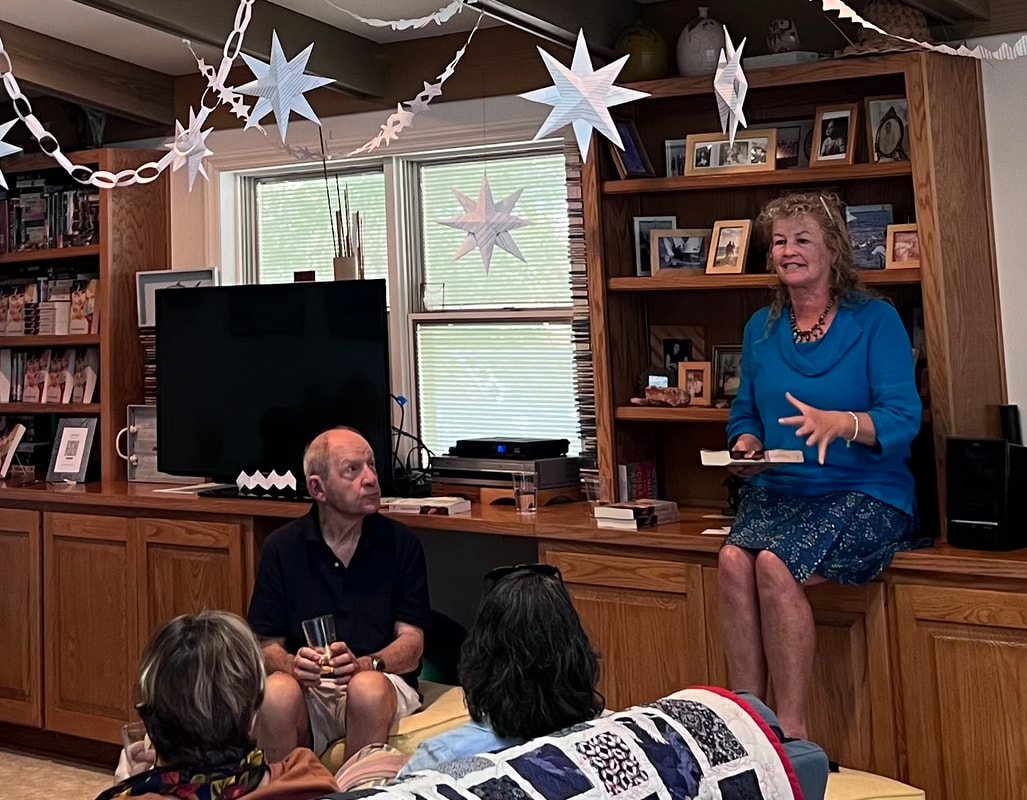|
I swear I was not lurking at the Barnes & Noble. I was there to take a photo of my novel in the wild. It's perhaps endlessly thrilling to see the thing you've worked on out there sitting on a library shelf, a bookshelf, someone's hands... But truly, I was NOT lurking. A pair of young women drifted past the table of stacked books, and one, Rachel, picked up my book. "Squeee! You just picked up my book!" I said. "Wha?" she said, not yet fully alarmed by my obvious excitement. "Look on the back!" She flipped the book over and compared the author photo with my face. "It's you," she said. "I know!" I said, then, because emotions: "I've got goosebumps!" "I picked it up because of the cover." "It's beautiful," I agreed, without the slightest self-consciousness. "And it's about sisters!" Were they sisters, I asked, indicating Rachel and her book-browsing friend. "No. But we both have sisters." Rachel gave me a shrewd look and added, "Is this inspired by a real sister?" "Yes," I said, truthfully. "But my charismatic older sister is much nicer than that one." "Oooh," Rachel said. "I'm a charismatic older sister." And that, gentle reader, is how I accidentally strong-armed an unsuspecting passer-by into purchasing a copy, as well as how I ended up signing a short stack of books at the Barnes & Noble bookstore this afternoon. Thank you https://www.facebook.com/bntampafl Barnes & Noble South Tampa. And thank you, Rachel! In other authorial news, I was invited to map the settings for She Taught Me Everything into a nifty little app called Squirl. Squirl is designed to help users, as its tagline announces "Discover the places described in books." You can visualize where a book is set. So, is Brooklyn Heights your hometown? What snippet from the book did this author choose to go with the pin on the map for Brooklyn Heights?
You can check the map for books set in any given place—a special treat for bookish folk: to see the locations we've read about. Or, if you're built this way, it's a way to pre-view spots before visiting by finding books to read that are set in a specific spot. I love this idea, and hope other authors and their publicity departments will pile on! Thanks https://squirl.co/
4 Comments
Modern book clubs are a wonderful worldwide phenomenon: a social occasion to maybe enjoy a bit of food and beverage for the purpose —ostensibly—of discussing a book. Clubs vary widely: some are focused on the wine and the company. Others look into the origin of the book or what affect the book has had on our world. Still others are all about the feels. So when I was invited to attend my first book club as an author, I wasn't sure how it would be: would I get a grilling for my choices of plot or writing style? What if they hated it? What would readers want to know? And what did I want to tell them? As it turns out, so far, I am most moved to say "Thank you!" It continues to surprise me how wonderful it feels to have someone else read the words I typed out. To have people commit to the time (let alone money) is an honor. Here's my giddy reaction video after the first club meeting, which I did via phone: I've got another four club appearances lined up (half in person, half by phone), in the next couple of weeks and I can't express how lucky I feel.
Got a book club? If She Taught Me Everything might be a good fit for your group, I'll come by and chat! I've even got discussion questions... To celebrate the first month of publication of She Taught Me Everything, I made up a "Face in the Place Photo Contest." My dear readers sent in photos of themselves reading the book. There were a gratifying lot of photos -- some people included pets, others snapped the picture unlikely settings, many included libations and snacks. It was heartwarming. I put those images into a montage -- with music! oooh! It was so much fun I did it twice. Truth be told, I'd like to have done the one and be done, but the cool music track didn't track across social media gaps, so we have us a TikTok edition and an Instagram one too. My favorite skipper picked a name from a hat (my actual hat) to chose the lucky random winner of the Face in the Place contest. And the lucky winner was...Kathy Lacey. We did a handoff of the loot (a gas card) in a grocery store parking lot. Not sketchy at all! And because of his bold choice of photo shoot, Mr. Mark Taylor earned himself a viewer's choice award. A gas card! It was great fun for me, and I hope my shutterbug readers enjoyed it as well.
I'd like to do another contest. I'm a fan of fabulous prizes from way back –– any suggestions for ways to award such things? According to the inter webs, one predictor of a book's success is the NUMBER of reviews it gets. High ratings are great, of course, but the odd 1- or 2-star review can actually be helpful in showing potential readers whether the book will be a good fit. My readers have been remarkably generous, awarding stars and giving thumbs up (it's a whole other blog post on how a single "This was helpful" click works. Whoa!), and jotting down kind things about the book. I am psyched to see reviews coming in, but honestly, I almost don't look at them myself. First, I have a generous dollop of self-confidence already––without any real external encouragement. (And I'm reluctant to burst that bubble on purpose.) Second, as I was reminded recently, reviews are for READERS.
So let me toss it out there: You don't need to write a review for me, but DO, please, jot a note on Goodreads, or Amazon, B&N, iTunes, Nook, or the bathroom wall. Say what you liked or didn't, say whether it's your usual cup of tea, but say. Your reaction and your opinion are in truth that rare gift that keeps on giving... I wasn't a theater kid. I DID play the vamp in my high school play –– let's go ahead and blame the hair for that one –– but I'm not usually one to muscle my way to center stage. As for my novel, it would be pretty to think a book will simply find its readers by the quality of existing –– like the movie starlet perched on a stool at a soda fountain. ...But the trick is that she must be SEEN perching. The Hollywood fantasy persists in our screen-heavy world long after soda fountains have faded into history. Hence my flurry of Instagram and TikTok activity. Since I don't have the budget of a big publishing firm, here I am, adding my voice to the democratic chorus of social media. One excellent piece of advice I heard was "don't be spammy." So instead of incessantly jabbering on about me-me-my-my book, I'm on one of those other topics I can piffle cheerfully: other books I think people will love. Shocking as it is to hear my own voice and get the visual (again, blame the hair), I'm embracing the experience. And from time to time channeling my inner Sophia Coppola... It's all an experiment, really.
My brains are not quite oozing out of my ears, but it could happen. At any moment.
Did you know that when you search for something online, those descriptive words (fast-acting, best, organic) have a price tag?
It should not come as a surprise. Ours is a world of fully-fledged capitalism. Naturally the very words we use are monetized. It might look like a library, but it's not. Marketing on Amazon, the world's largest bookseller, goes a bit like this: say I've written a romantic romp involving a pair of collegiate hockey players. I've done my homework and am a canny marketeer. I know there are readers for my book and I am pretty sure Amazon can locate them. Ads on Amazon are not like the "Plop-Plop, Fizz-Fizz" 30-second video clip we know from broadcast television, it's actually a quite brilliant and fully automated system. As a canny publisher, I've invested in Publisher Rocket, a software that helps me figure out what categories and keywords are likely to lead buyers to my product. I mean book. For this hockey romance, we're going to skip right to the part where we start an advertising campaign around keywords. One starts, naturally, with the phrase "hockey romance." Amazon might suggest that "hockey romance" is worth $1.87 per click. Which means that IF someone types in "hockey romance" AND clicks through to the longer description of the book, I'm out $1.87 WHETHER OR NOT they put the book into their cart.
Given that I stand to clear $3.45 per copy of the book, I might want to lower that amount, say, $.87 per click for "hockey romance." Of course, a lower bid means I might be outbid by other books with the same keyword, and my hockey romance book will slide lower on the page.
You places yer bets, you hedges yer bets, and then you waits to see what Fate (or the Almighty Algorithm) will reveal.
Carefully selecting 40 or 50 keywords for the campaign, go ahead and set a price on each word (in broad, close, and exact match categories. This is not a quick process for the faint of heart.).
Ideally, you pick a price that will outbid other vendors by a penny or two, to keep you near the top of the page without breaking the bank. You set a daily budget ($10/day is the recommended starting point), so after the clicks add up to $10, you're done. Sort of. Until the next day.
So much of the process is shrouded in secrecy, but it's freakin' brilliant: Amazon is a store where not only can you get everything, it's a store that charges for browsing. It doesn't charge the buyer, true, but someone has to pay. It's also a bit like a modern-day coal-mining company store: Who is tracking clicks? Who's writing paychecks? Who is setting the prices? Who is doing the accounting? All points awarded to the man in the brilliantly shrouded secrecy.
But convenient. And someone in France bought a copy of my book last month. How cool!
I got chatting with a lady in line at the grocery store (yes, that's me, randomly striking up a convo), and I whipped out a postcard of She Taught Me Everything (again, me with the marketing material to hand). She swished her phone and Poof! my novel downloaded to her Kindle.
What a world.
Nowadays, when looking for books online, I tend to mooch around in the stacks of Goodreads (owned by Amazon but not as monetized yet) or Libby/Overdrive. And now, if you'll excuse me, I'm about to dip a toe into the marketty world of TikTok... At the end of the first month of publication (a Onemonthuary!), in celebration of mah sweet, generous readers...we have a contest. Face in the Place Photo Contest, to be exact. Pretty simple: snap a photo of yourself (or an innocent bystander) book in hand, and send it my way. I'll randomly select at least one of the entrants for a gift card prize, and the photos will go into a video montage.
So you get world fame (smallish world, but still), a possible prize (it's worthwhile), and it gives the book a boost. Winning all around. Send the photo to me directly or upload it into this public Facebook photo album, https://www.facebook.com/media/set/?vanity=amysmithlinton&set=a.10232263802757822 Or, you know, drop me a line, and we'll figure out a way to include you. I've attended many a book-reading and author-signing. These events are usually a good treat, though from time to time they can be actively painful: the author whose work is amazing, but whose reading style is like nails on chalkboard. Personal-size pan-pizza pet peeve: readers who declaim with a continual up-raise, so that even a stretch of workaday prose sounds like a call to arms. This oratory style can be cool for poetry (hi Amanda Gorman!), but I find it much less so in a domestic drama or, say, a nonfiction account of a military snafu. And somewhere in the back room here at the blog, I have a half-finished essay about the sartorial peculiarities of authors in the wild. Do I carry a badge from the fashion police? Does this stop me from judging? Am I stuck Chandler Binging rhetorical questions? I mean, I get it: fiction writers spent a lot of time alone, playing with invisible friends and muttering while wearing jammies or a favorite baggy poet's shirt. One must feel comfy while submerging oneself in the moral drama of tiny claymation people even while raining hellfire onto their wee imaginary lives. And when the lucky moment comes for the writer to read to in public, I think everyone understands that this (at least this, if not air travel) is the moment to doff the p.j.'s and get dolled up. Clothing is costume, right? Business casual, Carhartt's head-to-toe, Boho chic, biker boi -- it's all about identity. So when one of my odd tribe dons a Crocodile Dundee hat, or pairs an abbreviated red satin slip-dress with tall cowboy boots, or sports non-ironic shoutout lace spats and a leather jacket á la Madonna circa "Lucky Star," it's revealing on another level. Not just skin (it was a SHORT dress), but also about identity. Of course, when the glorious day arrived when I would myself be signing books in public, this badge-flashing, judgey-judgey critical eye turned briefly inwards. And then back out again. It was a chilly day. I had a nice autumnal pair of corduroy trousers and my trusty fisherman's knit sweater. Part of my self-image involves not wanting to fuss about how I look, evidently. I put on some lipstick and called it good. And what a day! There was a delicious charcuterie board, and Veteran's Day-themed bevvie (the Stone Wall, favored by Ethan Allen and the Green Mountain Boys, involving mulled cider and optional Captain Morgan Spiced Rum).
The Little Bookstore is little, so standing room only means half a dozen folks, but--! We sold out of books (hurrah!), not all to kind friends. The first sale in fact went to a visiting thespian performing at the Clayton Opera House. Why yes, my good woman, just an ordinary day at the farthest reach from Manhattan! Honestly, I didn't quite get a cramp in my writing hand, but it was a delight to give it a go. Thank you family, friends, bookstore goers, and those shining beacons of civilization: bookstores! It's likely to become a theme for me but: I regret only not taking more photos. October finished up with me working the phone banks and hitting a few of my favorite bookstores. Publicity is always a challenge, never mind whether it's a busy newsday or a slow one. But here are a few mentions. Feel free to pop by and give them a thumbs up if you feel like it. It's kind of amazing how mashing that "like" button makes the almighty algorithms pay attention to a thing...It's Matrixy, but hello 21st Century capitalism --! Here' the book featured on a blog (oooh!)
https://proofpositive.com/great-books/she-taught-me-everything/ And here's a quick interview with the author... https://digitalbooknook.com/2023/11/01/interview-with-amy-smith-linton-author-of-she-taught-me-everything/?fbclid=IwAR1zU-IgZzBToK-HuAuwejyn0k2iMLsRpudCltscY3GtRmLP01sJ6j9e72Q And, oy, even on Pinterest... https://www.pinterest.ca/pin/486318459776918697/ Scroll down to see tweets (or are they exes?) at https://twitter.com/BackyardBooks https://twitter.com/dgtservices/status/1719685939990343998/photo/1 I don't spend a lot of time perusing the good and not-good reviews on Amazon and Goodreads. It's not why I write. But again, it's a kindness to the book if you'd like to react to online reviews. https://www.goodreads.com/book/show/195660796-she-taught-me-everything https://www.amazon.com/She-Taught-Everything-Smith-Linton/dp/B0CJDJVWXK/ref=sr_1_1?crid=1X7NKI8CF1V9&keywords=she+taught+me+everything&qid=1698893395&sprefix=she+taught+me+everything%2Caps%2C156&sr=8-1 And ooh...world-famous in the vest-pocket world of the Would-Be Farm. If you're going to achieve a lifetime goal, you might as well pause for a moment and gather together some of your bestest peeps to celebrate. I'll admit, I spent a restful couple of hours perusing potential theme beverages... Oooh, a maple-beet shuberita? Given that I was borrowing a house for the party, and a beet-based drink MIGHT have indelible consequences... I chose a white Sangria-is-Thicker-than Blood, an icy Emily Dickenson (Because I Would Not Stop for Death/He Kindly Made Me Tea), and cheerful ole beer. So, when you're planning a party around books, what's an appropriate party decor? How about that entire filing cabinet of revisions to the novel from writing workshops, my beloved writing group, and beta readers? Those dead tree carcasses transmogrified into table-runners, decorative garland. and decorative stars. Because the main character, Nicola Jones, is an artist, we set up an artists' station, with paint and blank watercolor paper in the form of bookmarks and postcards. Bookmarks for reading, of course, but postcards because –– well, it's part of the novel to perhaps encourage you to pop a note in the mail, saunter back across that burning bridge, maybe reconnect with someone. And plus––obvie!––pretty colors. Books arrived in time (Hurrah!). At my cheerleader-in-chief, Jennifer Holmberg's, suggestion, I set up a Venmo for the "bookstore." And we established the pile of books next to the television, so Mr. Linton could both mind the store AND watch the game. The day was amazing. There was so much good food, and so many good friends! I signed books (okay, okay, confession time: I DID practice a formal "author's signature" different from my usual legal scrawl, a practice that felt both transgressive and exhilarating, like wearing someone else's steep, very glamorous shoes). It was also my public reading debut. This is a red-letter-day event for any author: to project words into a public space? Lawsieday, that's a big dang deal. I'm not shy about speaking in public--one of my past jobs involved what the industry calls "stand-up training," where you have an audience of adults who are meant to learn something by corporate fiat. Imagine the enthusiasm. But this crowd--! Awesome. Made me feel like a million bucks. Was I weepy? Did I feel my heartstrings plucked and twanged by the kindness of my people and family? Did I also laugh with immoderate mirth? I regret only that I did not take more photos.
|
Archives
July 2024
Categories
All
|
